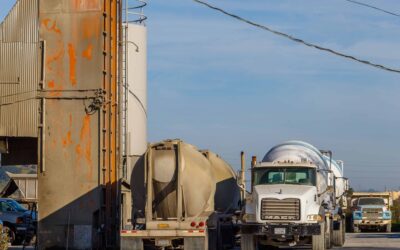Food waste management software – an overview: Collecting food waste is becoming an increasingly popular recycling service. In the UK alone, over 4.5 million tonnes of food is thrown away every year – and that’s just household waste. When it gets sent to landfill, this food rots down, sending methane into the atmosphere, and delivering a significant blow to climate change. That’s why we need good food waste management, software that supports that management and a growing focus on reducing food waste in general.
Why recycle food waste?
Tackling the food waste issue needs several approaches. First, we need to encourage people to waste less food in the first place – only buying the food they need, being sensible with dates on packaged food, and being creative about using leftovers. Reducing food waste helps to lower shopping bills and reduces the amount that gets thrown away.
The good news in the UK is that supermarkets and retailers are already taking steps to change in terms of clearer information relating to “use by” and “best before dates”, in some cases scrapping them altogether for certain products.
But for the food waste that is still thrown away, it’s important that we know what happens to it. People who can, compost for their own gardens, but many foodstuffs are unsuitable for this and have historically ended up in landfill – where all that methane gets released.
So instead, we collect and recycle food waste – in an ideal world, we recycle rather than incinerate – so that the wasted food can be turned into something useful. In most cases, this is either by using it for composting – mixing it with garden waste – or anaerobic digestion. This process breaks down the food waste, collects the methane for use in biogas and electricity generation, and uses the resultant digested material for fertiliser.
How software helps manage food waste recycling
Software is essential to efficiently managing food waste collection and recycling. Some companies manage part of this process and some manage it all – either way, if you’re not tracking your collections, quantities, recycling processes and outcomes, you can’t run an effective business.
A good waste and recycling software platform helps organisations contribute to the circular economy, by allowing them to have visibility over their services and processes, and making it more commercially effective to be part of the industry. It does this by supporting:
- Route and collection planning
- Invoicing and financial management
- Haulage and weighbridge management
- Customer service
- Regulatory and contract reporting
- Integration with other services
- Bid and tender management
If you are working in the food waste recycling sector, the right software can make all the difference to the commercial competitiveness of your business, whilst also helping you to make a positive contribution to the circular economy.
Learn more about how ISB Global helps food waste management companies operate more efficiently with Waste Recycling One, including solving issues such as integrating their disparate software and better managing their regulatory and compliance requirements. Or read our ultimate guide to waste management software.






